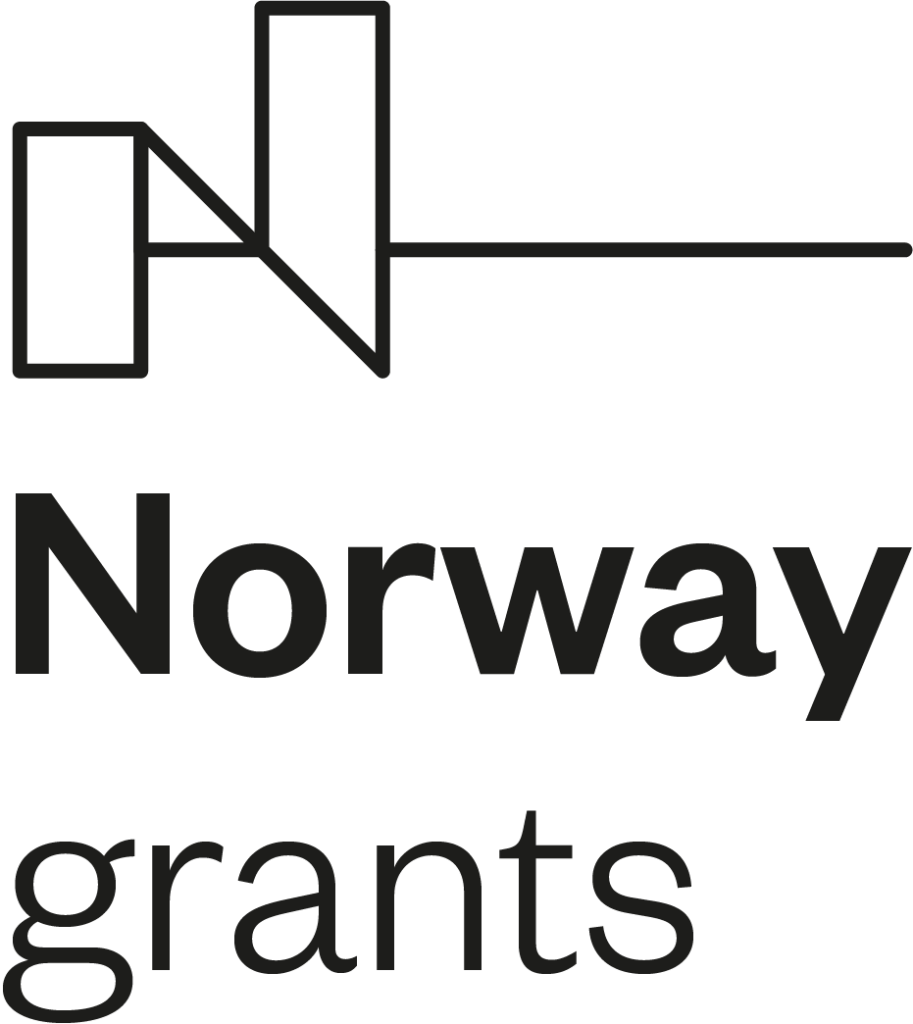PROJECT TITLE
Novel Routes for cost effective Environmentally Acceptable Lubricants
PROJECT CODE
TO01000250
GRANT
Norway Grants and TA CR
Funding: 29 211 997 CZK
About the project:
Use of Environmental Acceptable Lubricants (EAL) in stern tubes has risen some uncertainties in the shipping sector due to their poor hydrolysis stability, bad pressure and temperature-related viscosity properties and in some cases shear thinning properties when compared with conventional and pollutant mineral oils. The main goal of this project is to develop a more reliable and cost-effective EAL that can solve these main limitations.
Two parallel approaches have been chosen to reach the main goal:
• Develop a new EAL based on the use of blown rapeseed oils (BRSO) with improved rheological properties and hydrolysis stability.
• Establishment of microbial-based formulations using selected microorganisms capable of producing a range of molecules that can be used as lubricant additives.
2021
Chemical and physicochemical analyses of base fluids for the preparation of lubricants were carried out in the project’s first year. Saturated and unsaturated esters and rapeseed oil were mixed with blown rapeseed oil to create lubricants with different viscosity grades VG 46, VG68, VG100, VG150, VG220, and VG320. Biochemical experiments leading to an ecological additive enhancing the oil’s resistance to compressive loads were also started. Data Management Plan, Communication Plan, Risk Management Plan, project Web page, promotional project leaflet in printed and electronic version, and project rollup were prepared from the administrative obligations of the commitments.
2022
The second year of the REAL project was mainly focused on the new EAL formulation based on esters, the selection of environmentally acceptable additives, and the final formulation of the new lubricant. Testing of bio-fermented additives and their compatibility with selected base lubricants took place in parallel. The chemical, rheological and tribological analysis results were compared with experimentally determined data for both commercially available EALs and mineral oils. Through intensive experimentation and careful selection of the base lubricant and suitable additives, it was possible to prepare a new EAL formulation with the working name BIOSTERN SE 100. At the same time, compatibility tests of selected base lubricants, commercially available oils, and the new formulation with seawater were carried out. Emulsions with six different seawater contents were prepared, and changes in the characteristic properties of the oils were tested.
2023
The third year of the REAL project was mainly focused on testing the new EAL formulation based on esters that were developed in 2022. In addition the testing of bio-based additives and their compatibility with selected base lubricants took place in parallel. The chemical, rheological and tribological analysis results were compared with experimentally determined data for both commercially available EALs and mineral oils. The main focus in 2023 was put in teting the compatibility of the proposed new formulation with industrial components, and based on the results fine tuning the final formulation of the lubricants. The finding clearly showed that, for instance, specific additives had a strong effect on the seal compatibility, and therefore their amount on the final formulation had to be changed. Additional tests on lubricant degradation was performed to understand whether the lubricants could withstand maritime working conditions (e.g.: hydrolysis, sludge formation, metal compatibility, thermal degradation, etc).
Summary
The project focused on the issue of ship propeller lubrication, specifically on finding an environmentally acceptable replacement for the widely used mineral lubricants. In the initial phase, natural oils and their mixtures were tested. These materials exhibited low hydrolytic stability, which is not advantageous for applications in direct contact with seawater. Therefore, they were excluded from further testing. In the subsequent phase, synthetic base oils were tested and proved to be very suitable for these purposes. By carefully selecting ecological additives, we were able to prepare formulations that meet both the stringent requirements arising from the wide range of operational parameters of vessels and the environmental demands for biodegradability.
Beneficiary and project partners:
Vysoká škola báňská – Technická univerzita Ostrava
SINTEF AS
Ústav chemických procesů AV ČR, v. v. i.
BIONA JERSÍN, s.r.o.

The REAL project benefits from a € 1.1 mil. grant from Norway Grants and Technology Agency of the Czech Republic. The project is carried out under the KAPPA funding programme for applied research, experimental development and innovation, managed by the Technology Agency of the Czech Republic.
